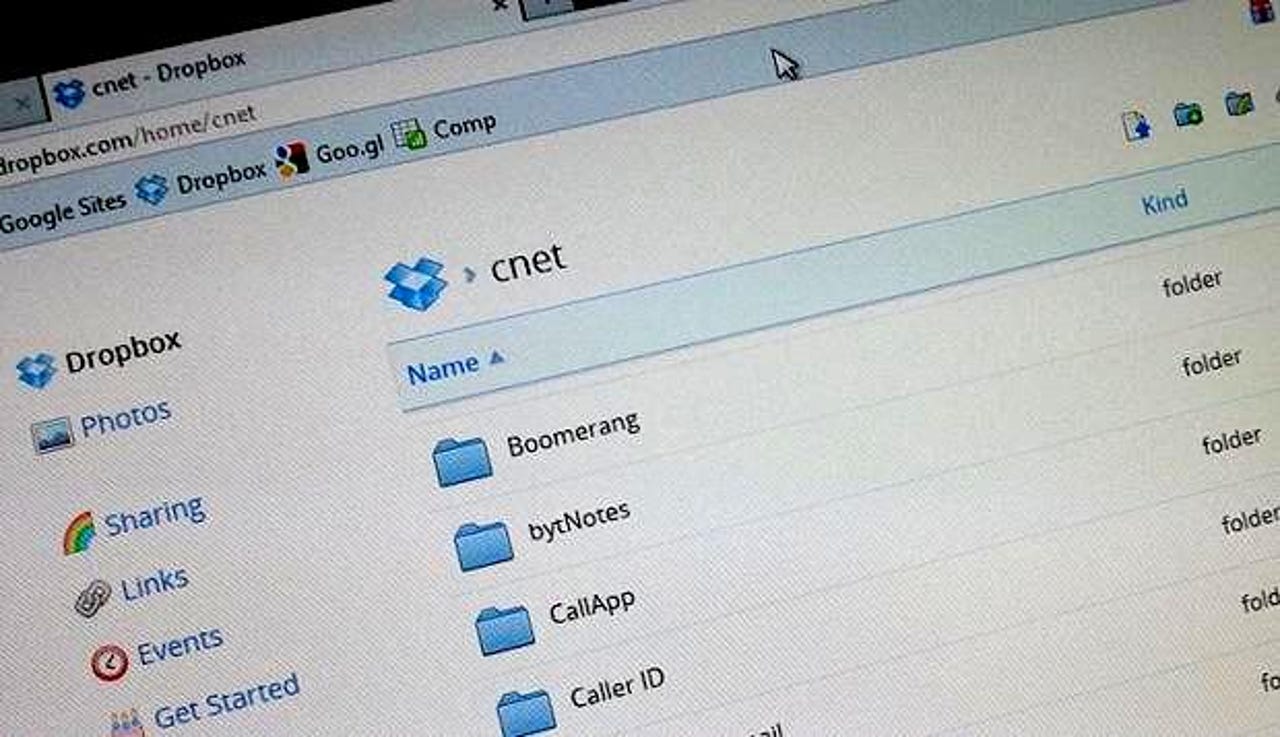Snowden: 'Wannabe PRISM partner' Dropbox is 'hostile to privacy'

Edward Snowden said cloud storage service Dropbox is "hostile to privacy," and called for more companies to offer services that prevent government snooping.
Tech Pro Research
In an interview with The Guardian, the newspaper which the former government contractor went to publish classified materials detailing the U.S.' surveillance systems, Snowden said "zero knowledge" systems help protect user privacy by preventing government access.
"By depriving themselves of the ability to read the information, of the ability to sort of analyse and manipulate the information without the customers' consent or authorisation, that's the only way they can prove to the customers that they can be trusted with their information," he said.
He also criticized the company's decision to appoint former secretary of state Condoleezza Rice to its board, calling her "the most anti-privacy official you can imagine."
Rice was appointed to the company's board earlier this year, sparking anger from privacy advocates and users. During her time in the Bush administration, she oversaw the STELLARWIND program, which was the cornerstone of Bush's domestic surveillance program, he said.
"What last year's revelations showed us was irrefutable evidence that unencrypted communications on the internet are no longer safe." — Edward Snowden
But the cloud storage firm, worth an estimated $10 billion as of January, defended the appointment, calling her experience with international markets and the dynamics that define them as crucial to the company's growth.
The whistleblower, who fled the U.S. to Russia where he remains on grounds of asylum, also called Dropbox a "wannabe PRISM partner."
Dropbox was reportedly the next company to be targeted by the controversial surveillance program, which is slated to have been authorized under the Foreign Intelligence Surveillance Act (FISA), which was amended in 2008 following the Bush administration's domestic spying scandal.
Featured
Snowden said companies like Spideroak offer greater protections to users because its employees do not have access to encrypted user data. While this does not prevent the government from asking for user data, the company cannot hand over any meaningful or decrypted content.
Only the subscribing user has the decryption key, forcing the government to submit data requests to the individual instead.
In a separate interview with the newspaper, Spideroak's founder and chief executive Ethan Oberman said as a result of the newfound awareness of privacy and security, the company has seen "sustained and continued growth."
"Privacy is a right, not a privilege," Oberman said.
